This is a long-standing issue but I only really clocked it recently. I believe the reason for that difference is simple: If I do something right, I have put some effort in to make it happen, and that feels like a good enough reason to congratulate me. On the other hand, I feel strange when I receive a compliment for something that is intrinsically part of me and that I have no hand in making, something that I have no control over.
Of course this is a silly distinction to make, and it’s built on a separation of the material world I live in and the inner world that makes up my personality and that the body it inhabits. I can do some things to change what I look like, but my internal makeup is the result of many years of development that mostly happened on its own and was shaped by circumstance and environment rather than active involvement. Yes, yes: some personal development has happened over the last years, and a lot has changed in my mental makeup, yet I’m not all that different from before, really. Same hang-ups, same drive, similar ways of thinking. The annoying thing is this: for most of my life I have been looking for confirmation of my value from the outside, though recommendations, work achievements that are recognised by my bosses and colleagues, words of praise from family and friends, etc. and thereby made myself completely dependent on those. Once I realised this, I shifted away from that mechanism and looked for value inside of me. And found it. I can actually see value in what I am doing, because it’s usually something you can measure through results, physical creations or similar. I’m good at seeing achievements on that level and crediting myself with them. Seeing value in who I am is immensely more difficult to me: how can I measure who I am? It’s not possible, bar through my behaviour around others, and that brings me back to basing my value on outside interactions. Upon closer inspections, there are differences, though: I’m not being evaluated by others, but I’m gauging the effect my actions and presence may have on others. While that depends less on others taking pains to tell me, I have to look for signs of value myself, and that is where things fall apart again. Most of those things I am are just natural to me, and do not feel like anything out of the ordinary. Interestingly, others sometimes say things that I never realised I was actually doing for them, how I support them by just being there, or how I make them feel better about themselves. There are many other things like this, but I’m sure you get the gist of this: it’s all about that blind spot we have when it comes to who we really are and how that affects others without our interference or even our knowledge. I’d like to ask you to try a little experiment: sit down in your favourite spot, make yourself comfortable and consider ‘appreciation’. Here are a couple of starter questions to start with:
0 Comments
Even the words ‘normal’ and ‘ideal’ seem to have been twisted out of shape: ‘normal’ now has a tinge of “not ideal” and “needs improving”, while ‘ideal’ brings with it a taste of “unattainable for the likes of us” and a good level of pressure to align your own body to that image.
All of this is silly, of course: we are given a body to live in and – while there is a certain amount of things we can do, like exercising, watching our food, etc. – some of what we have is not open for modification. And believe me: there are more elements you cannot change than there are those that you can change! Just think height, hair type, bone thickness, hip size, etc., although many are spending a lot of money to have those ‘repaired’ with plastic surgery. I say “f*ck that sh*t!” Isn’t it more helpful to be okay with what you have and make sure that others can see that you are? If you feel that you are somehow ‘less’ than others, you’ll always send the wrong message, because you are not! You are different, but no less worthy of attention, affection and love than anyone else! I speak from experience here: I have gained a bit of weight over the last couple of years for the usual reasons: getting a little on in years, not moving enough, not motivated enough to work out properly. I never considered myself to be handsome by any description, and even worse: because I did not conform to the ‘ideal’ image in my own head, I felt bad about who I was. The trouble with this is that this feeling is actually reinforced each time you feel as if someone has rejected you. When you start a conversation with someone who then blows you off, the first instinct is to assume you don’t look right. In reality he may just have other things on his mind, is not interested in conversation, or simply wants to be on his own. Ultimately, how you see your own body is very much in your own hands, and the outside influence tends to be bad rather than good. It’s so much easier to let yourself be dragged down by bad feelings than it is to haul yourself back up from that hole you have been digging for yourself, and anything you can do to change the weight of those thoughts on your soul will make a difference! There is a remedy that I only came across very late myself: I try to push those negative thoughts and assumptions to the side and let them weigh less on my mind, and then create a space for the nice comments I am getting and make sure to remind myself often of those. I have been at the receiving end of a bit of lovely attention from several men lately, after a long period of feeling unseen. This is proving to be a large change in my own perception of myself: seeing your own light shining in the eyes of someone else provides a much needed reinforcement of that basic knowledge that we all have: “I am just fine the way I am”. Of course, if there is a way to shed some of my weight to feel less tired, or to do more yoga to become a bit more flexible, that is fine. The point is that I’d be doing this for myself rather than to please someone else. If I feel better about myself, I won’t be affected as much by what feels like a rejection to me. My plan is to keep those people in my life who make me feel good about myself. And ditch the ones who don’t because how could they be real friends if I feel bad when I’m with them?
However, stepping out of your comfort zone usually is a voluntary thing and does not keep you from taking that step back into a situation that feels less threatening than the one you have chosen to subject yourself to. Taking a bungee jump, e.g., holds the thrill of danger and excitement, but you also know that it’s going to be over in a moment and you’ll be back on firm land.
I tend to have periods when I am perfectly happy to take risks, when ‘the new’ excites me and I cannot wait to embark on some new venture. And then there are times when I’m more introspective, when I need more structure and the knowledge of what comes next. Either way, I need the option to retreat – and I believe that may be the case for most of you, too. But here’s the kicker: what if you find yourself in a situation where you find yourself pushed out of your comfort zone all the time, and the only way to achieve something is to not just visit the outer fringes of the comfort zone, but having to spend a lot of time outside of it. Spending too much time in situations that are deeply troubling? This is the situation I find myself in more often now that lockdown (in the UK) has been removed and – it seems – everyone has returned to what was the norm before the pandemic. I have always felt deeply uncomfortable when I’m surrounded by a lot of people, but I realise this appears to be the main avenue to encounter others, to engage with new people, make friends, find a partner (for sex, or for life), and generally interact. The covid lockdown zoom calls were wonderful for me because I have never had so many personal conversations in my life, simply because this particular environment meant that whoever was engaged in a conversation was not distracted all the time, and I was able to focus on the person rather than struggling with that internal “fight or flight” instinct that always comes up in crowds larger than 3 or 4 people. You might think “get over it already and mingle” but it’s not that easy! This is not just something I have decided not to do, but it’s baked into my being: groups of people freak me out. Am I alone in this? I don’t think so, but I fear that everyone else who feels the same is also retreating into their shell again. Does this sound familiar? I’d like to hear about your experiences
The most efficient thing to do in those moments is to try and physically exhaust my body, and distract my thoughts in that way. This kind of exhaustion does not necessarily involve a workout or running hard for 20 minutes: it can be as simple as an energetic breathing exercise like the irregular breathing from Osho’s dynamic meditation, or a breathing pattern that follows a drumbeat I hear in my earphones. Focus on breath has always been my go-to, because it needs a particular type of focus on a mental thing, and leads to a physical outcome.
Another option for me is to keep my eyes unfocused (curtesy of wearing glasses) and look at shapes rather than items. It’s a bit like learning to draw, but finding the joy on looking at shapes usually takes away the maelstrom of thoughts that circle my mind and allows me to settle on just one thing: shapes and colour. If you are a little bit more advanced, a useful tool is to engage your PC muscle (the muscle that you use to control the flow of urine). The exercise is usually referred to as ‘the PC pump’. How? You engage that muscle and let it go, then repeat as often as you can. It’s possible to vary this by lengthening the time you hold the muscle. A word: this is not the same muscle as the one that control your rectum! Those are connected, but distinctly different, once you learn to recognise them. Exercising this muscle will feel a little strange at first, but once you get the hang of it, you will not only have a thing to focus on, but you’ll also get a great side-effect: this pumping motion is going to have an effect on your cock, of course, and from an energetic point of view, you’ll be pulling energy into your root chakra that sits right in that spot! Nothing but positives here. Circling back to my initial subject: focusing on either of these things will allow you to drop into a space where thoughts are less likely to interrupt your meditation. Of course, there will be small interruptions, but nothing like the obstacles you faced in the beginning of this article. Breathing and PC pump are more physical elements, while focusing on shapes and colours is helpful to engage the mind more. Choose whichever you need more and keep trying. Ultimately, it will yield results, believe me.
I don’t know how it starts out, and there may be several starting points, but what I do remember is very similar each time: I’m sitting in a room of vague dimensions – and I cannot really make out much beyond a couple of meters. It’s isolated but not dark as such. I am not alone, though: there is another man sitting very close, our legs entangled, either scissor fashion or one with legs stretched out and the other sitting on top. We are always facing each other with eyes at the same height, though.
I feel connected with that man, but I could not even tell if it is always the same one. Physical appearance plays no role in this encounter, but physical experience most certainly does. Our legs touch, and my eyes gaze into his. Without a word, we embrace and hold that position for a long time, until we have exhausted the feelings received and given in this place, holding each other and caring, until it becomes unbearable to not do anything else. Letting go gently, my hands glide over his back, sides, shoulders, until only one hand is slowly moving across the hairs on his lower arm, the hollow of his elbow, up his upper arm. And then changing direction and making my way back towards his hands as slowly as I did go up. When I stop my movements, he starts to reciprocate, repeating my moves in detail, and excruciating slowness that awakens my need for more of this. So we switch sides and tend to the other arm in the same fashion. Time passes, racing and amazingly slow at the same time. I am outside of time. There is no such thing as time. We switch sides over and over again, one gently sending signals on the other’s skin, the other receiving and enjoying the manipulations with full attention. Gradually, we move to different parts of the other’s body: bottoms, thighs, shins and feet, cock and balls, belly, chest and then, very gently, across every single feature of the face, the neck, and ultimately tousling the hair and slowly massaging the scalp, until we find ourselves sitting with the fingers of both hands entangled, silent. There is a sense of peace and joy and arousal, but no absolute need to consummate our love in a more carnal fashion. This is perfection. When I wake up at that point, my whole body is tingling, my breath is ragged and I’m often aroused, cock standing to attention. I find myself tempted to follow particular patterns of breathing, which brings with it more involuntary shivers, convulsions and sounds that I often cannot even identify as my own. I wonder when such a wonderful thing is going to happen next, in dream or in reality?
Let’s be clear about one thing: I have always been a hugger, and hugging someone was one of the greatest pleasures in my encounter with others. I feel that hugs convey a lot more meaning than just a brief physical confirmation that ‘I am here’, ‘I’m not a threat’ and ‘I enjoy being close to you’. There is an exchange of physical signals, of course, but it goes far beyond just that.
Sometimes that hug and the shape it takes can tell you more about the person and their current state of mind than you’d be ready to believe at face value. Next time you hug someone, consider these things (and more): How long are you prepared to hold the hug? Is it one of those perfunctory hugs that are expected on occasion and you are really not into it? Would you like to hang on but are afraid it may feel too much for the other person? How tight will you go? Are you REALLY squeezing the other person, pressing out the last bit of breath, or are you a light touch? Why did you choose this particular kind of hug? Is there a mental distance between the two of you? Are there different kinds of hugs you reserve for particular groups of people? Or are you indiscriminate in your hugs? There are so many ways to hug someone that it is surprising just how little thought goes into a hug, right? That’s what happened to me last week: I hugged someone and I started to wonder if I was expecting, giving and receiving the right kind of hug. And to my own surprise, I found that this particular hug was not satisfying at all. In fact, I felt that it wasn’t even necessary. For the first time, I actively considered if this rather common exchange of pleasantries was actually doing what it was supposed to achieve: making us feel closer, feel held and understood, comfortable. Of course, some of this was happening, but by no means was it to the level that I had hoped for. This made me wonder: how do we actually know what kind of hug is right? For me. For them. For comfort. For friendship. For communication. Food for thought.
This said: it is nearly on the books again: at least here in the UK it has been gloriously announced that we are allowed to hug again – within reason and limited numbers of people, of course. That makes me wonder just how much I should lean into this if I wish to avoid disappointment when another wave comes along and we’ll have to retreat into solitude once more. Not that I hope for this, but I fully expect some level of returning virus threat sometime in the near future.
But let’s look at the positives: for now, we can hug each other, but does that actually mean going beyond hugs? A hug is a fairly simple affair without much level of undress, let alone anything remotely sex-related, right? How are we with nudity in company? How about having sex (within the limits of safe sex guidelines, of course)? Guidance is limited and sometimes vague to the point of suspicion that someone wants to push responsibility out of the way. Don’t get me wrong: I’d normally be in front of the queue to get touch, intimacy and sensuality back on top of my personal list of things to strive for, but I’m not quite there yet. I believe there are still too many variables to feel unsettled about. That said: you may think otherwise and that is perfectly fine, as long as you don’t endanger anyone else. I’d say: make sure you get your shots AND wait until they have done their job, and until then refrain as much as you can from direct physical contact with those you don’t live with. I know: hard call, but we are all in this together and the fewer broken links we have, the faster this whole episode in our lives will come to an end. I say, remain cautious! Be careful. Be caring. Hold on just a little bit longer. I know that I will. Touch will come back into our lives, sooner or later. And the more we look out for each other, the faster it will happen.
The operative word here is “groups”! We are meant to interact with other people all the time, and most activities of note are arranged around the idea that they need to be done in groups that balance a level of competition with a sense of belonging: sports, business, quizzes, going to the pub/club/bar, going on holiday to a popular resort (dancing, boozing, lying in long lines next to each other on the beach)… almost all those activities are group activities. Even simple things like walks in the forest have become group activities that need to be organised and coordinated to make them into an event.
That is all fine and well for those people who thrive in groups, but not so much for those who don’t. Many prefer a more intimate setting: sharing a cup of tea with one friend on a quiet balcony, or sitting somewhere listening to the sounds of a little brook in the woods, or enjoying a board game with one or two friends. These activities can be just as exciting and rewarding to such people as is going to a concert to the ‘group enthusiasts’. Covid-19 has done us quiet ones, the singletons, a huge favour: it was finally possible to thrive in an environment that suits us. I have often mentioned that the last year, for the first time in my life, I felt that I could be me without having to bend over backwards to fit in and participate in environments (noisy, crowded, in too large a group of people) that made me feel uncomfortable. The fact that we were all somewhat isolated helped the likes of me. I never had as many conversations with friends and acquaintances than in the past 12 months! Yes: they may have been zoom calls, but ultimately they were no different than seeing someone in a socially distanced situation. The important thing here is that it felt that finally everyone else had to bend over backwards to fit into a way of doing things that suited ME for a change. I much prefer staying indoors, and would love for this state of affairs to go on. But I also realise that staying indoors will not be an option for much longer. There were downsides to this as well, of course: I for one now have to learn to bring up my defences again in order to brave even the smallest clutch of people in the street – they make me deeply uncomfortable. The long-term fallout is still unclear, but I’ll have to make some tough choices to keep myself safe going forward. If the above describes you in some way, or touches a raw nerve: know that you are not alone with this. We all have to find the best way forward and out of this place of content, a comfort zone of an entirely new and unprecedented kind. It may feel wonderful to stick to this place of serenity, where interactions with other people don’t immediately make you cringe, but ultimately there may be ways to preserve at least some of the freedom you have won through staying on your own for a while. It’s down to each of us separately to find the right things to hang on to and make sure you can.
At this time of slightly loosened restrictions, it turns out to be a bit of a puzzler to consider what you are going to do next. Should you go out and meet others more directly now, or rather wait a little longer until the infections rates have stabilised after the more liberal approach? Will you be the first one to claw at the doors of your favourite pub or club? Or are you part of the group who is going to wait it out just a little longer to see what happens next?
Of course we all want to go back to whatever felt natural and normal before the isolation started, social distancing was put into place and we were encouraged to stay on our own! However, my sense is that many seem to underestimate the – reduced, indeed – threat that Covid still poses. Being in the United Kingdom, the messaging goes along the lines of “mingle, by all means, get the economy going!”, but what I don’t hear loudly enough is the reminder that social distancing is still expected and that we have to remain vigilant and do our best to keep direct contact at a minimum. And don’t forget to wash your hands, of course! It seems that the population at large is under the impression that it’s okay to do what they want, as far as social distancing and physical touch is concerned. I’m no fool, either: I realise that during this whole ordeal a lot of people have simply been getting on with the business of meeting their buddies and having all kinds of fun as if nothing was the matter. Of course many would: it appears to be the gay guy’s God-given right to have a shag on a regular basis. Well, let me burst your bubble: it’s not! Following your urges is not the best approach to dealing with a pandemic, and while that is certainly true during the infection phase, when case numbers explode, it’s equally important to ensure that numbers remain on the lower end in this current phase of relaxation. I know for a fact that I’m no exception in that I stay apart from other people, as I know of a good number of people who remain vigilant and keep to themselves for another while. In fact, I also realise that I have some different reasons to stay apart that have more to do with my general disposition to stay on my own than with wishing to follow my urges. The question to ask yourself at this point is this: are the sexual needs you intend to fulfil based in feeling horny, or rather in the fact that you believe that after all this time you deserve this?
Not only is loneliness the kind of thing that comes with a sliding scale without clear boundaries, but also it’s a process that is hard to see from the outside. It often looks like depression or shyness, it disguises itself so that others see you as aloof, keeping your distance or unapproachable. Rarely will people come to the conclusion that you might be feeling immensely lonely before they have exhausted everything else on the list.
But how about yourself? Can you tell when you are lonely? Or is it something that is mixed in with feeling inadequate, shy, unexperienced or socially awkward? I have found that I’m pretty good with being on my own, but that is not the same as not being lonely. These past 12 months, I have been in the physical presence of friends maybe a dozen times – of course I have been close to other people when doing groceries or taking a walk outside, but that is not really an exchange that relates to feeling lonely. In a way, I have had a hard time to determine what is ‘being on my own’ and ‘feeling lonely’, simply because there was no chance to meet others in meaningful ways. Of course, there was zoom – a lifesaver for many – and phone calls, emails, etc. but those are not quite the same: they lack the personal touch. And there we are: I can’t speak for you, but for me, being lonely equals ‘not being able to touch others and be touched by them’. And this is not about sex at all: a year without hugs is a long time. Like many others, I have been on my own for far too long, and I have settled into that sense of repetitiveness and boredom, that sense of being on my one all the time. It has helped me focus more on work (when it was available), but I’m sure that is a coping mechanism to cover up the wounds that being alone and feeling lonely have inflicted upon me. I would have to be pushed quite hard to admit any level of loneliness myself, because I cannot really tell just how lonely I might be. I keep telling myself “others are even worse off” and “I can cope with this”, but I’m starting to wonder if this is something I know for sure or if it is just something my mind has come up with to keep me going… Ask yourself if YOU can honestly tell where you are on the loneliness scale. |
About me
These are my own thoughts on aspects of my work I feel strongly about. Archives
September 2021
|

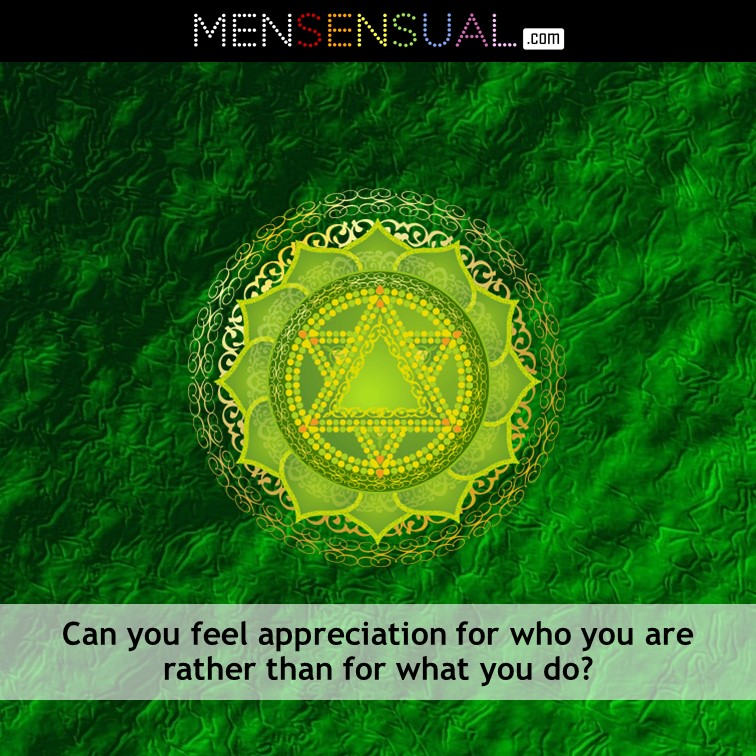
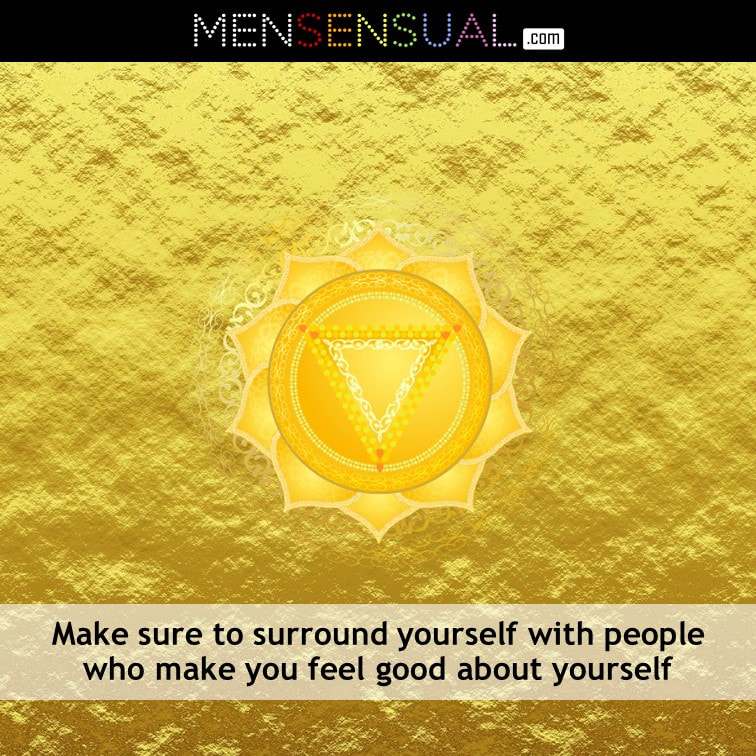
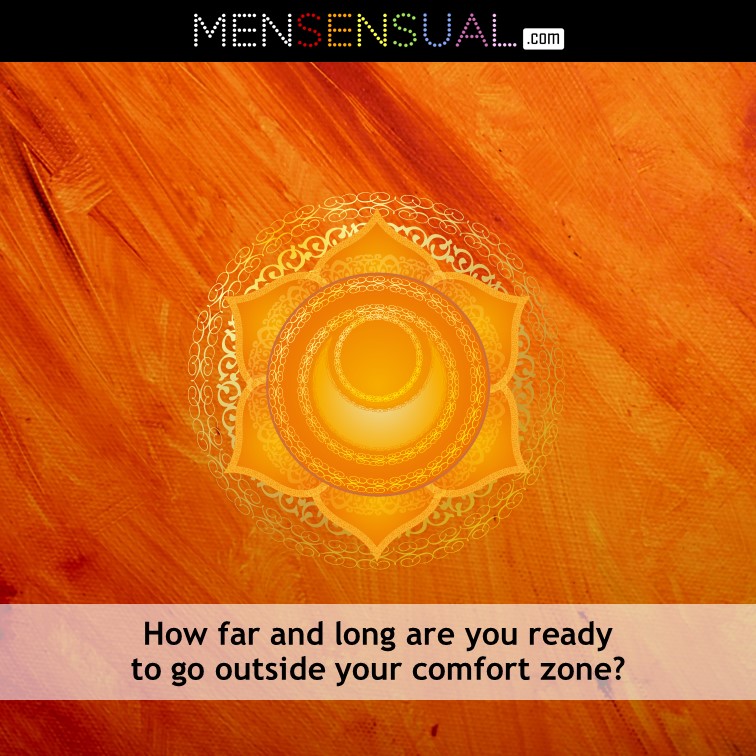
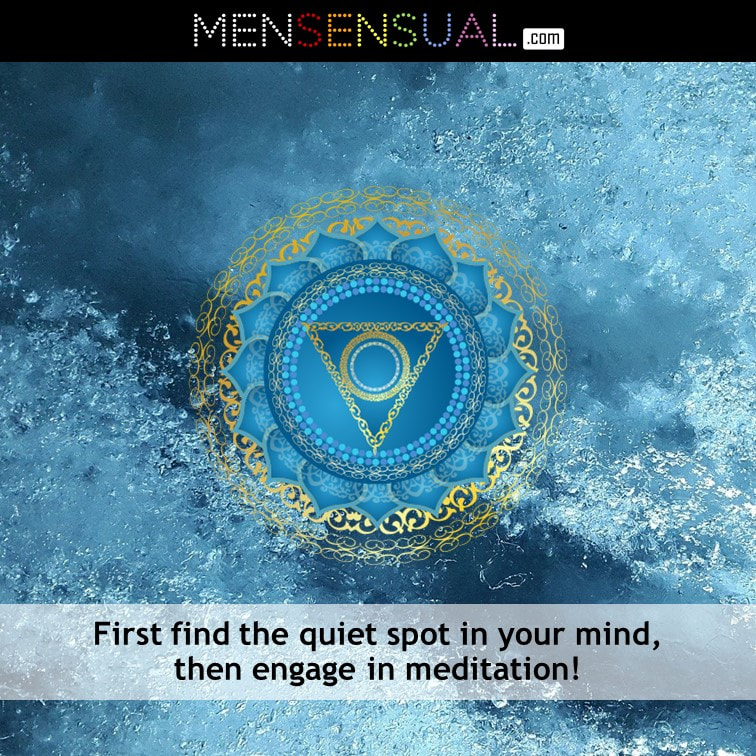
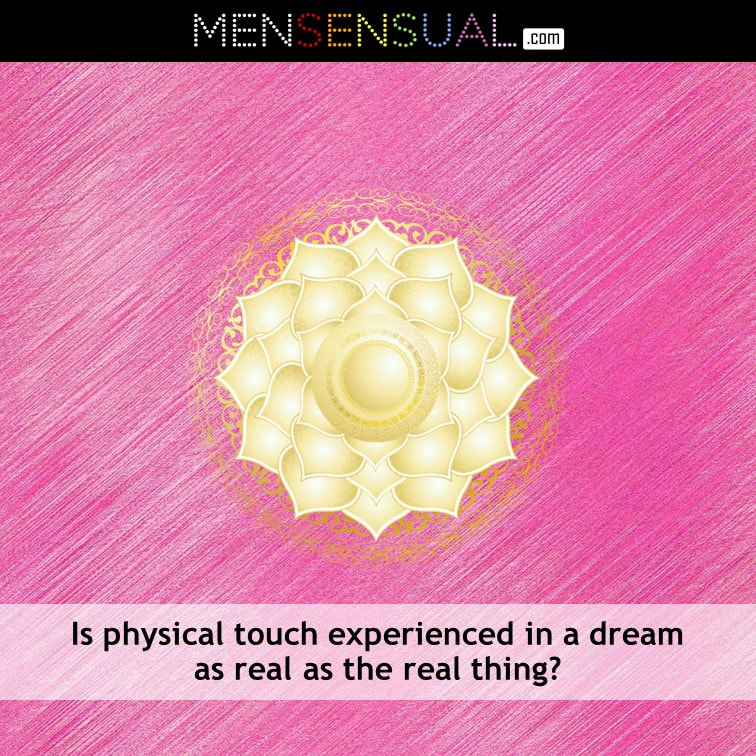
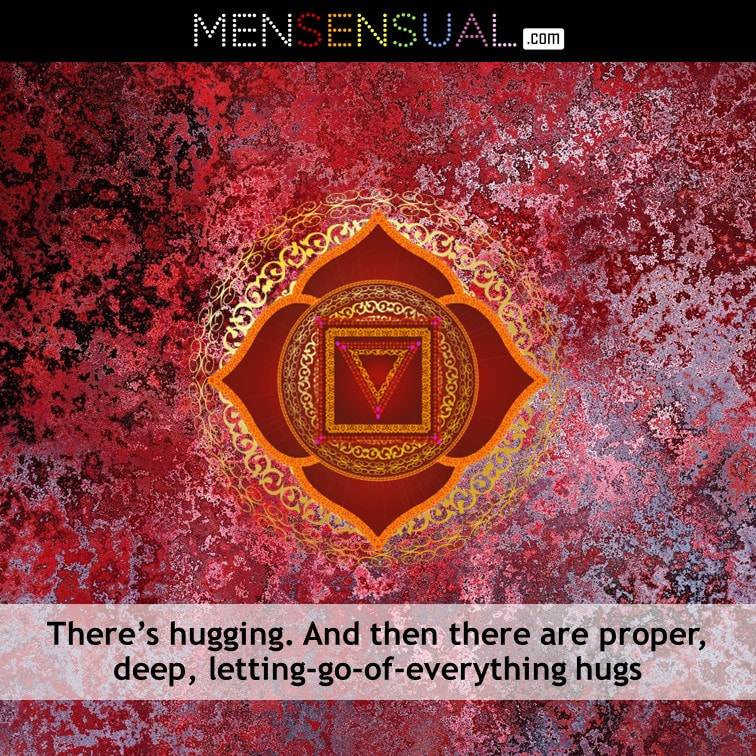
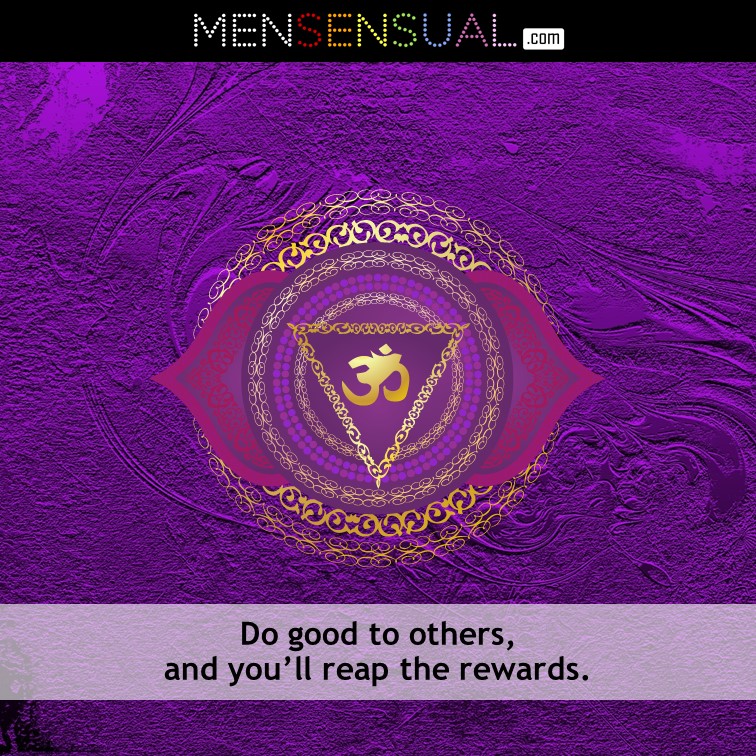
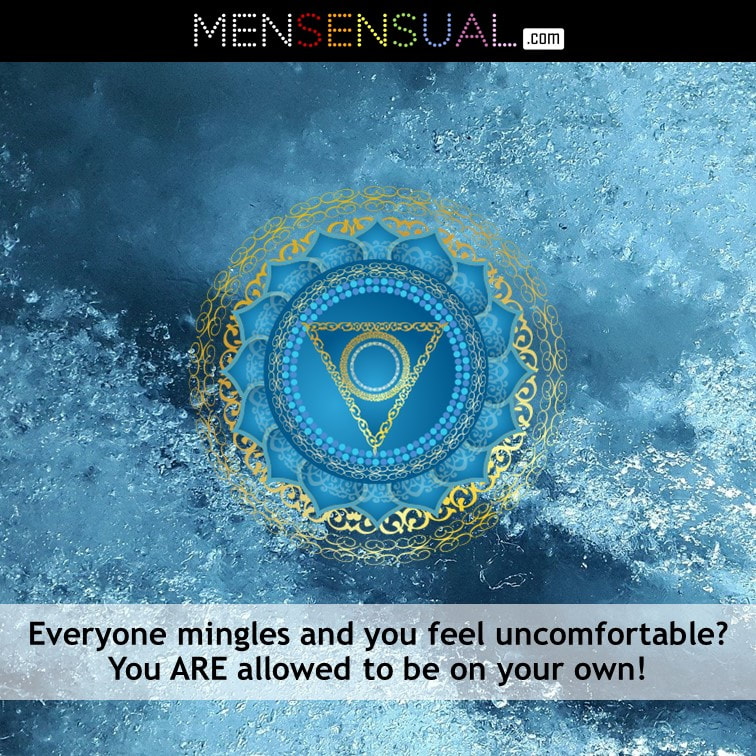
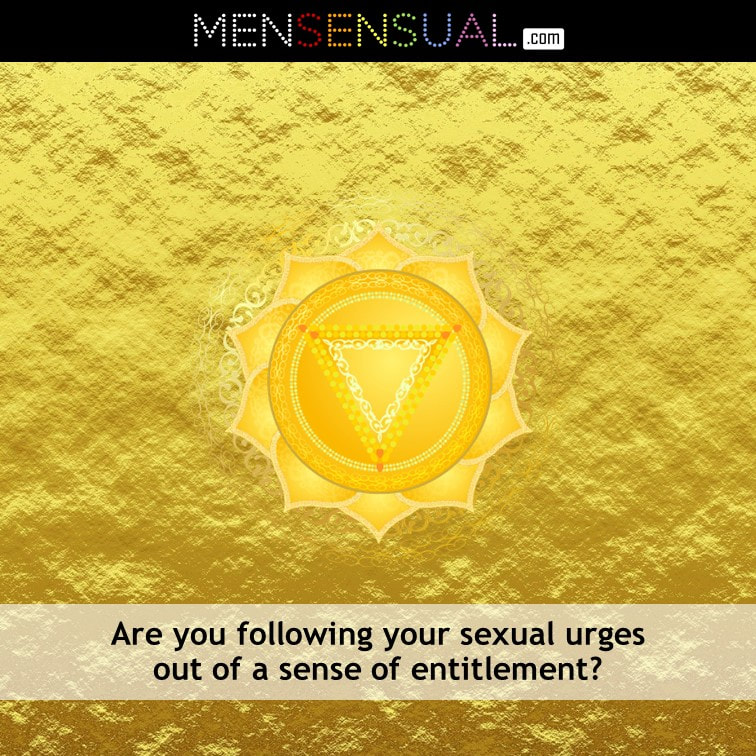
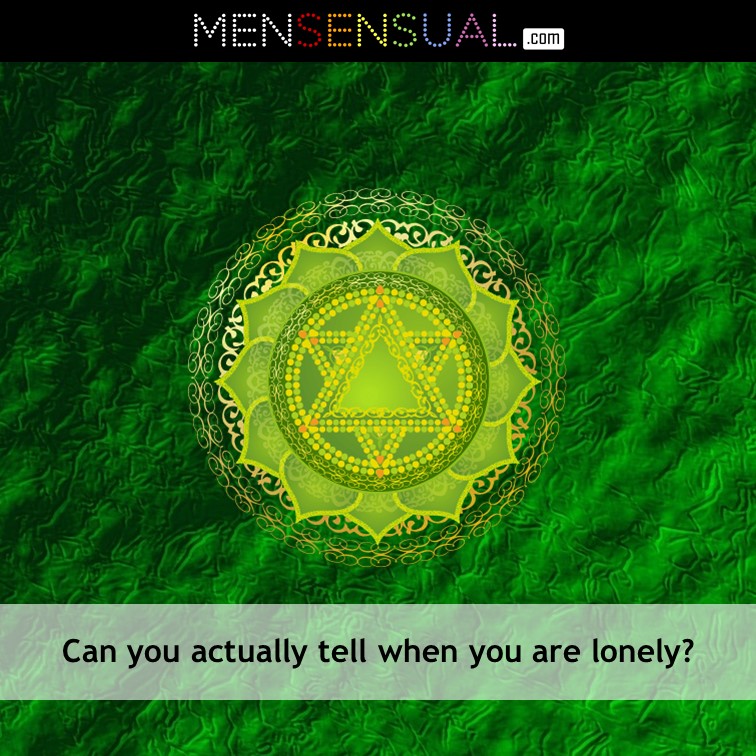
 RSS Feed
RSS Feed
